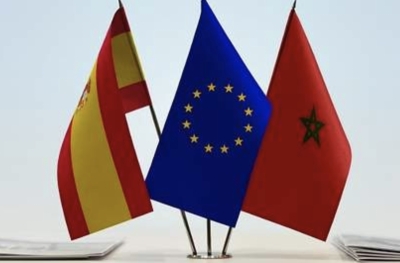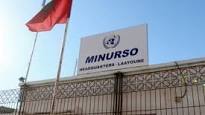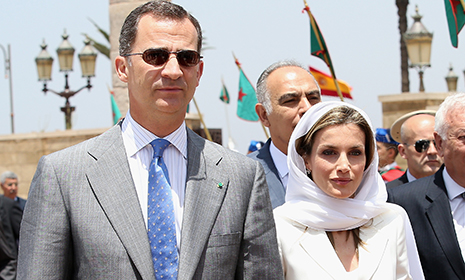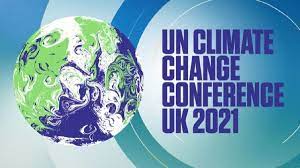Spain and the EU paid tribute to Morocco’s efforts to curb illegal migration as the three parties agreed to cooperate closely against migrant trafficking networks whom they blamed for the violent crossing attempt into Melilla on June 24.
Moroccan authorities said 23 migrants died in a violent crossing attempt after they stormed a narrow border gate creating a stampede with dozens falling from the fence on eachother. At least 140 Moroccan security forces were injured in the very violent crossing attempt.
On July 8, Morocco’s interior minister Abdelouafi Laftit, EU home affairs chief Ylva Johansson and Spanish Interior Minister Fernando Grande-Marlaska met in Rabat.
In a joint statement, they underscored “shared responsibility in the field of migration and agreed to renew their partnership to address together human trafficking networks, especially after the emergence of a new modus operandi adopted by these criminal networks that is very violent.”
Last week, Head of migration and border control at the interior ministry spoked of the involvement of trafficking gangs with militia experience they acquired in conflict areas.
Currently, 64 migrants, mostly from Sudan, are brought before justice on charges of attacking and kidnaping security forces, human trafficking and setting fires in forests.
They denounced “the actions of these networks and the connivances of those who help them.”
The tragedy that followed the violent crossing shows the extent to which human trafficking networks can go in their violent tactics, the statement said.
As investigations continue into the incident, the EU and Spain lauded the fact-finding mission by the National human rights council (CNDH) and underscored the full respect of Morocco and the EU for fundamental rights.
Under the new partnership, the three parties vow to reinforce border management, foster police cooperation -including joint investigations- and to raise awareness about the dangers of illegal migrations.
They also agreed to strengthen cooperation between Morocco and EU agencies in charge of home affairs.
While describing Morocco as a “strategic partner,” the EU and Spain lauded Morocco’s efforts to rescue migrants at sea and its migration policy.
The Moroccan National Immigration and Asylum Strategy (SNIA) is one of the most well-developed migration management systems today, in both legislative and institutional terms, and has enabled the regularization of the situation of thousands of migrants, and their integration into Moroccan society, underlined the European Commission in a press release on the Rabat meeting. It recalled that King Mohammed VI was appointed leader for Africa on the issue of migration by African Heads of State.
The European Commission, which praised Morocco’s efforts in the fight against illegal migration, underlined that these efforts have resulted, in the first half of this year, in preventing more than 26,000 irregular departures – one tenth of them saved at sea. In the same period, Morocco has dismantled around a hundred criminal trafficking networks.
In connection with the New Pact on Migration and Asylum, the Commission is establishing migration partnerships with the countries of origin, transit and destination, to combat human smuggling networks, but also to address the root causes of migration and improve legal migration routes so that people do not feel the need to risk their lives on dangerous journeys.
On Thursday, Moroccan Govt. Spokesman Mustapha Baitas said the latest violent mass crossing attempt made by illegal sub-Saharan migrants from Northern Moroccan region of Nador into Spanish enclave of Melilla, was a “premeditated and planned” operation.



